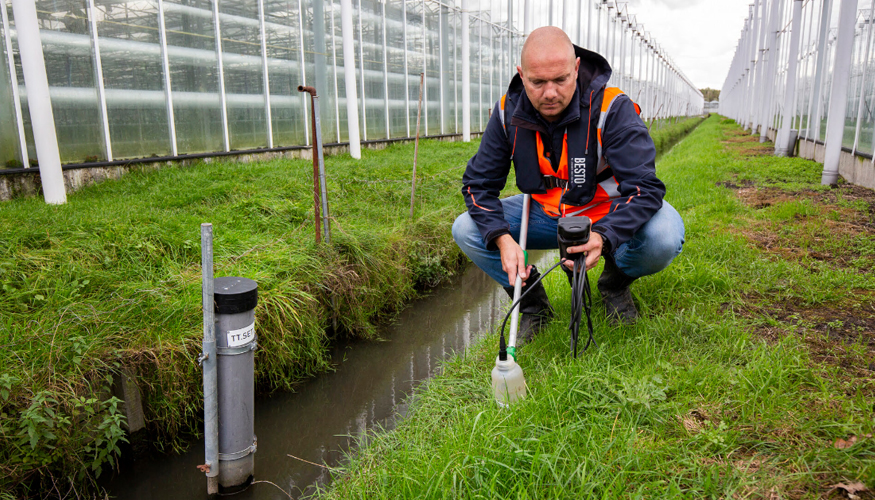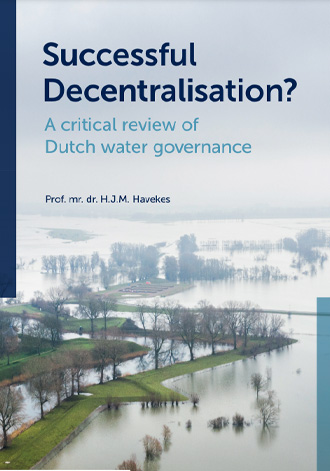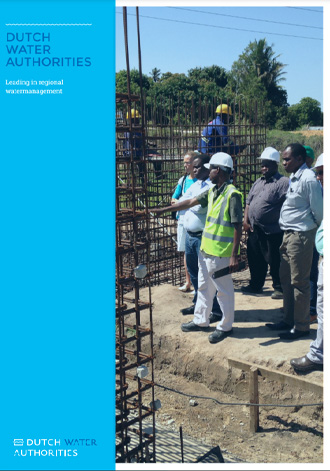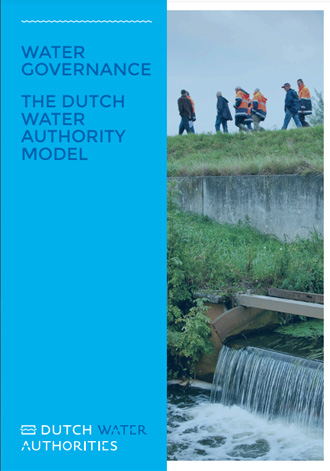Dutch Water Authorities is the international organisation of the regional water authorities in the Netherlands and their association, the ‘Unie van Waterschappen’. Its goal is to use its unique expertise to tackle water issues worldwide.
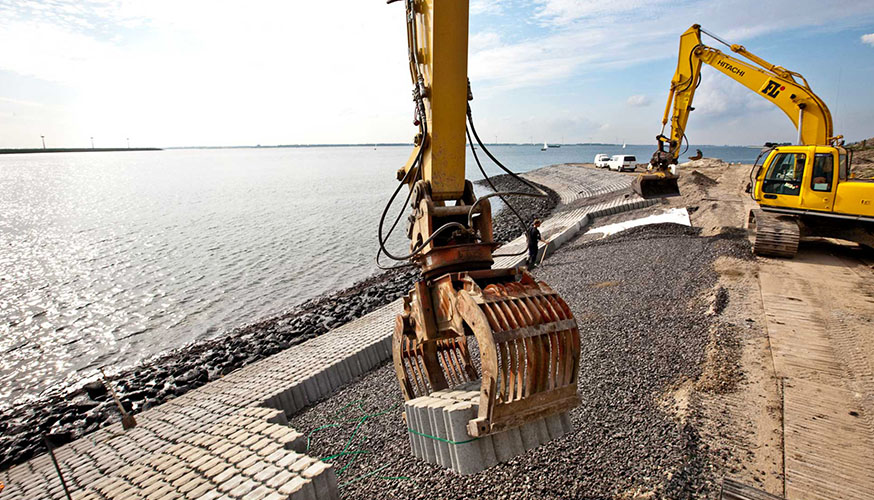
Around 26% of the Netherlands lies below sea level. As much as 55% of the country is vulnerable to flooding. Enormous efforts have to be made to keep this low-lying delta area a safe place to live in, and to ensure that there is sufficient clean water. Because of this, for centuries there have been organisations in the Netherlands exclusively dedicated to water management: the regional water authorities.
21 Dutch Water Authorities
The first Dutch regional water authority was set up in the 13th century. Nowadays there are 21 regional water authorities in the Netherlands, jointly employing around 11.000 people. The regional water authorities’ work centres on flood protection, water quality management and preventing droughts or water surpluses. For example by managing and maintaining dikes, treating wastewater and regulating water levels.
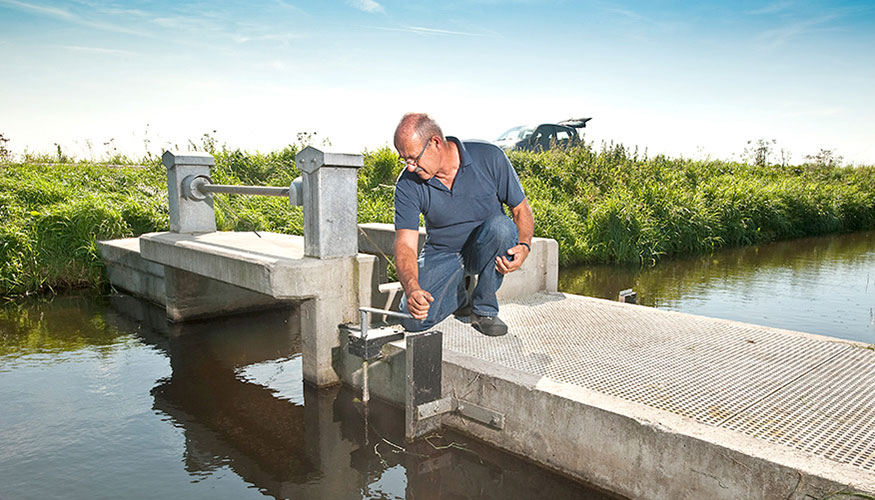
Global cooperation on water challenges, now and in the future
The Dutch have lived with water for centuries. We have grown used to having sufficient, clean and safe water resources – so much so that other countries are keen to learn more about our water management and our regional water authorities. But water is now becoming more of an issue, and not least because of the effects of climate change. Drought, extreme precipitation and water pollution present major challenges, not only in the Netherlands and Europe, but throughout the world.
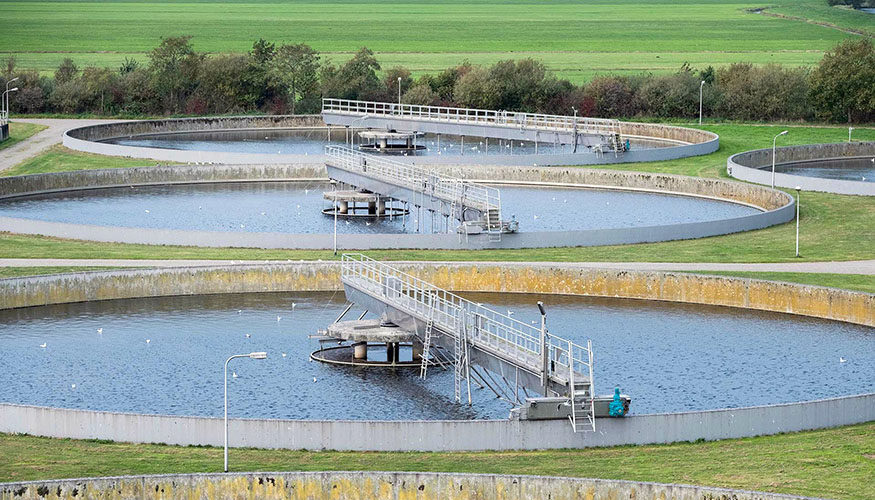
Finding solutions
As Dutch Water Authorities we believe that together we are better at finding solutions. By learning from each other’s knowledge and experience we do not have to reinvent the wheel and we offer our employees the opportunity to learn from their international colleagues. And in the process we grow our expertise and improve water management in the Netherlands, Europe and elsewhere. We also support our foreign partners with our water expertise, especially in the Blue Deal programme. Together we are better prepared to take on future water challenges and ensure worldwide access to sufficient clean and safe water.

